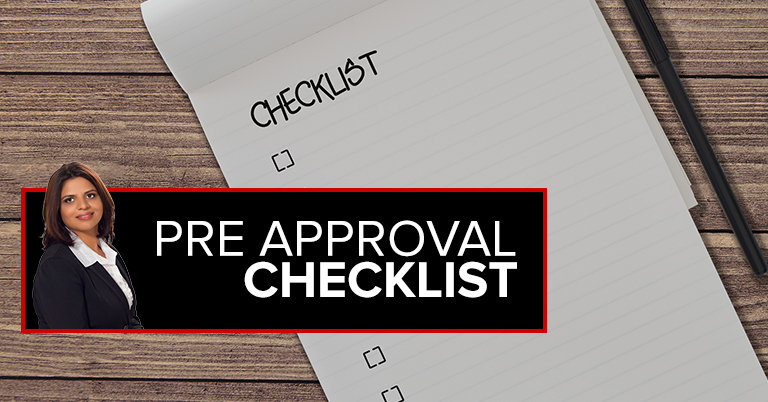Paperwork Checklist: After Insurance Claim Approval

Once your insurance claim has been approved, you might breathe a sigh of relief, but there's still a series of steps to navigate before you can fully enjoy the benefits. Proper paperwork is the bridge between approval and fulfillment, ensuring you get what you're entitled to without undue delays or complications.
Understanding Insurance Paperwork


Insurance paperwork includes all the forms, documents, and communications that move your claim from one stage to another:
- Claim Forms: Completed and signed forms that act as the official request for the payout.
- Proof of Loss: Documentation to substantiate your claim's validity.
- Adjuster's Report: A detailed account from the insurance company's adjuster.
- Release Forms: Authorization to pay out the claim.
- Settlement Documents: Official papers detailing the settlement terms.
Steps to Take After Approval

1. Review Your Approval Letter

Your approval letter will detail what was approved, how much you’ll receive, and what paperwork you need to finalize the process:
- Understand the coverage details, what’s covered, and any limitations.
- Look for settlement amounts and how they’ll be distributed.
- Note any time constraints or deadlines for submitting further paperwork.
2. Gather Required Documentation

| Document | Description |
|---|---|
| Release Form | Authorization to release funds. |
| Proof of Ownership | Documents proving ownership of the damaged or lost property. |
| Repair Estimates | Itemized costs for repairs or replacements. |
| Photos or Inspection Reports | Images or official reports detailing the extent of the damage. |

📝 Note: Always use originals or certified copies where possible for authenticity.
3. Complete and Submit Necessary Forms

- Fill out all required fields accurately.
- Sign and date all forms.
- Keep copies of everything you submit.
4. Monitor the Claim Process

Stay in regular contact with your insurance agent or adjuster to:
- Ensure they’ve received all your documents.
- Check the status of your claim.
- Understand any further requirements or delays.
5. Handle Any Additional Requirements

Some claims might need:
- A sworn statement or notarization.
- Interviews or testimony.
- Further documentation like medical records for health claims.
Finalizing the Claim

1. Receive Settlement Offer

Your insurance company will issue a settlement offer based on the documents provided:
- Review the offer carefully for accuracy.
- Negotiate if necessary or accept the offer.
- Be aware that rejecting or countering the offer could delay the process.
2. Sign and Return Release Documents

Once you’ve agreed to the terms, you’ll need to:
- Sign and return the release documents.
- Understand that this legally releases the insurer from further liabilities related to this claim.
3. Receive Payment

The final step is receiving your claim payout:
- Verify the amount received matches the settlement.
- Document the payment for your records.
After the Claim Process

After you’ve received your payout, there are a few final steps:
- Ensure repairs or replacements are completed.
- Keep all receipts and documentation related to repairs.
- Be prepared for potential follow-up inquiries from the insurance company.
At the end of this journey through the paperwork labyrinth, understanding and completing each step accurately is crucial to ensure a smooth transition from claim approval to compensation. Take your time to review all documents, communicate effectively with your insurer, and keep records of all transactions to maintain clarity and control over the process.
What happens if I miss a deadline for submitting paperwork?

+
If you miss a deadline, it might delay or even invalidate your claim. Contact your insurance company immediately to explain your situation and possibly negotiate an extension.
Can I still receive a payout if I disagree with the settlement offer?

+
Yes, you can negotiate the offer, but the process might extend. If you reach an impasse, you might consider legal mediation or arbitration.
What should I do if I need to repair property before receiving a payout?
+Keep detailed records of all expenses. Your insurer might require estimates before starting repairs but can reimburse or allow you to use your payout for repairs later.



